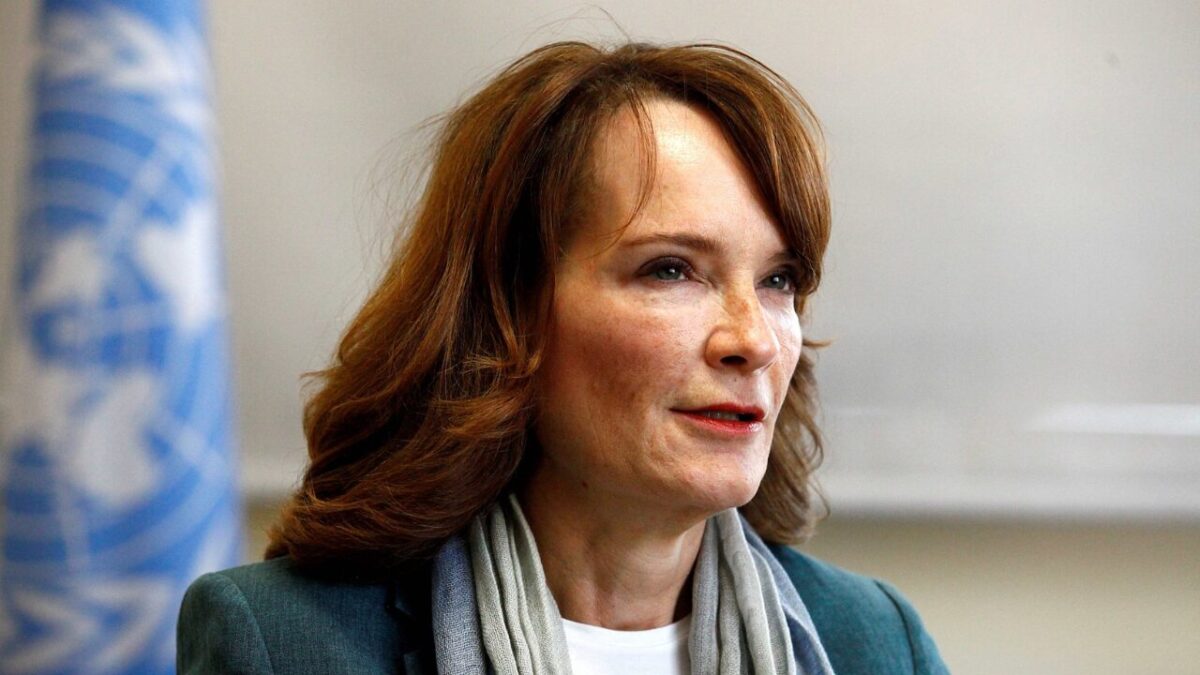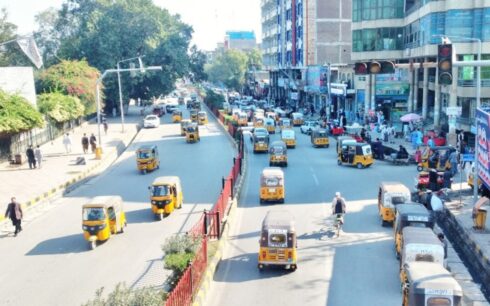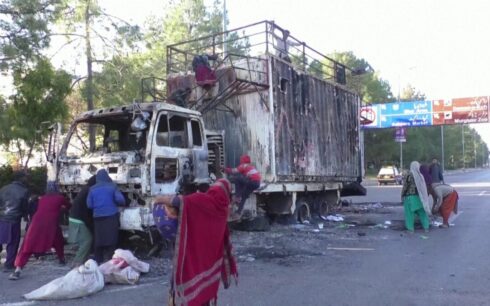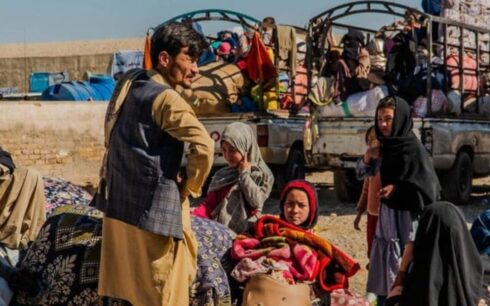KANDAHAR—Georgette Gagnon, the United Nations Assistance Mission in Afghanistan (UNAMA) deputy for political affairs, in a meeting with the Taliban’s deputy governor in Kandahar discussed alternatives to poppy cultivation, the Taliban-run Kandahar Government Media and Information Center reported.
During the meeting, Gagnon reviewed UN operations in the region and listened to the needs of local communities. The Taliban quoted her as saying that the UN, in collaboration with its agencies, would develop and implement long-term plans to promote alternative crops to replace poppy cultivation.
“She included the needs of the people in the 2025 plans and emphasized that a sustainable approach to alternative crops must be pursued,” the Taliban’s statement said.
Gagnon’s visit coincides with escalating tensions over the Taliban’s restrictive policies on women’s rights. Most recently, the group banned women from medical education, closing one of the last remaining avenues for female students. The decision has drawn widespread international condemnation, including from UNAMA. Despite the backlash, the Taliban leadership has shown no indication of reversing the ban.
European Union Special Envoy for Afghanistan Tomas Niklasson, who recently concluded a five-day visit to the country, criticized the Taliban’s lack of explanation for the directive.
“No one was able to provide an explanation for why this decree was issued or how the potentially catastrophic consequences for women’s and children’s health would be mitigated,” Niklasson said in a statement.
The Taliban’s leadership remains centered in Kandahar, home to their reclusive supreme leader, Hibatullah Akhundzada. Akhundzada is widely seen as the driving force behind the group’s restrictive decrees, which human rights organizations have condemned as gender persecution and gender apartheid.
The UN’s efforts to introduce sustainable alternatives to poppy cultivation may be crucial in addressing Afghanistan’s economic challenges, but they unfold amid growing concerns over human rights abuses and the Taliban’s increasingly regressive policies.





